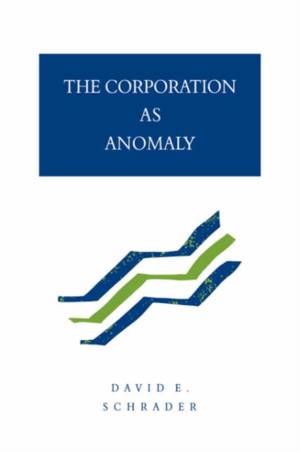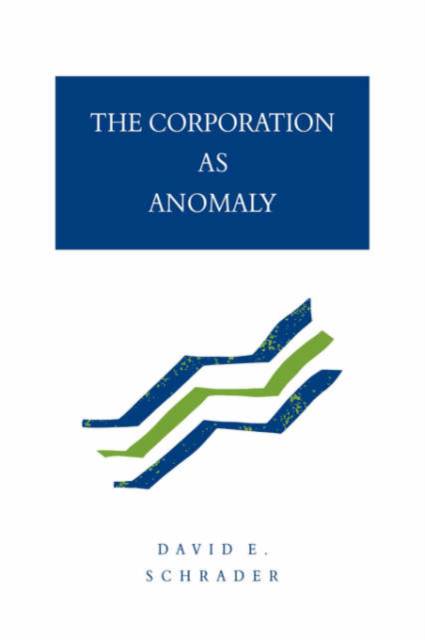
- Afhalen na 1 uur in een winkel met voorraad
- Gratis thuislevering in België vanaf € 30
- Ruim aanbod met 7 miljoen producten
- Afhalen na 1 uur in een winkel met voorraad
- Gratis thuislevering in België vanaf € 30
- Ruim aanbod met 7 miljoen producten
Zoeken
Omschrijving
The marginalist theory of the corporation or firm, whose characteristics were formally developed in the 1930s, represents a major change in the development of traditional economic theory. In this book, Professor Schrader, a philosopher of economics, discusses the rise of the marginalist conception of the firm in the context of economic thought over the past two centuries, and explains why economists continue to defend a theory with demonstrable shortcomings: the marginalist view of the firm retains its support not through any comparative advantage in empirical or predictive power, but by virtue of its being a part of the predominant marginalist economic program. The clear problems that beset the marginalist approach to the firm signal a general dilemma for economic theory as a whole. Although economists generally remain committed to both a methodological individualism and a preference for non-intentional coordination of economic endeavor, Schrader observes that the modern corporation by its very nature is both a social collective and a locus of intentional coordination of economic activity. An economic theory that does justice to a world in which managerial corporations are among the key agents of production and distribution must generate a theory of collective action to bolster the theory of individual action that forms the present basis for most economic thinking.
Specificaties
Betrokkenen
- Auteur(s):
- Uitgeverij:
Inhoud
- Aantal bladzijden:
- 220
- Taal:
- Engels
Eigenschappen
- Productcode (EAN):
- 9780521033756
- Verschijningsdatum:
- 26/02/2007
- Uitvoering:
- Paperback
- Formaat:
- Trade paperback (VS)
- Afmetingen:
- 156 mm x 234 mm
- Gewicht:
- 312 g

Alleen bij Standaard Boekhandel
+ 121 punten op je klantenkaart van Standaard Boekhandel
Beoordelingen
We publiceren alleen reviews die voldoen aan de voorwaarden voor reviews. Bekijk onze voorwaarden voor reviews.











